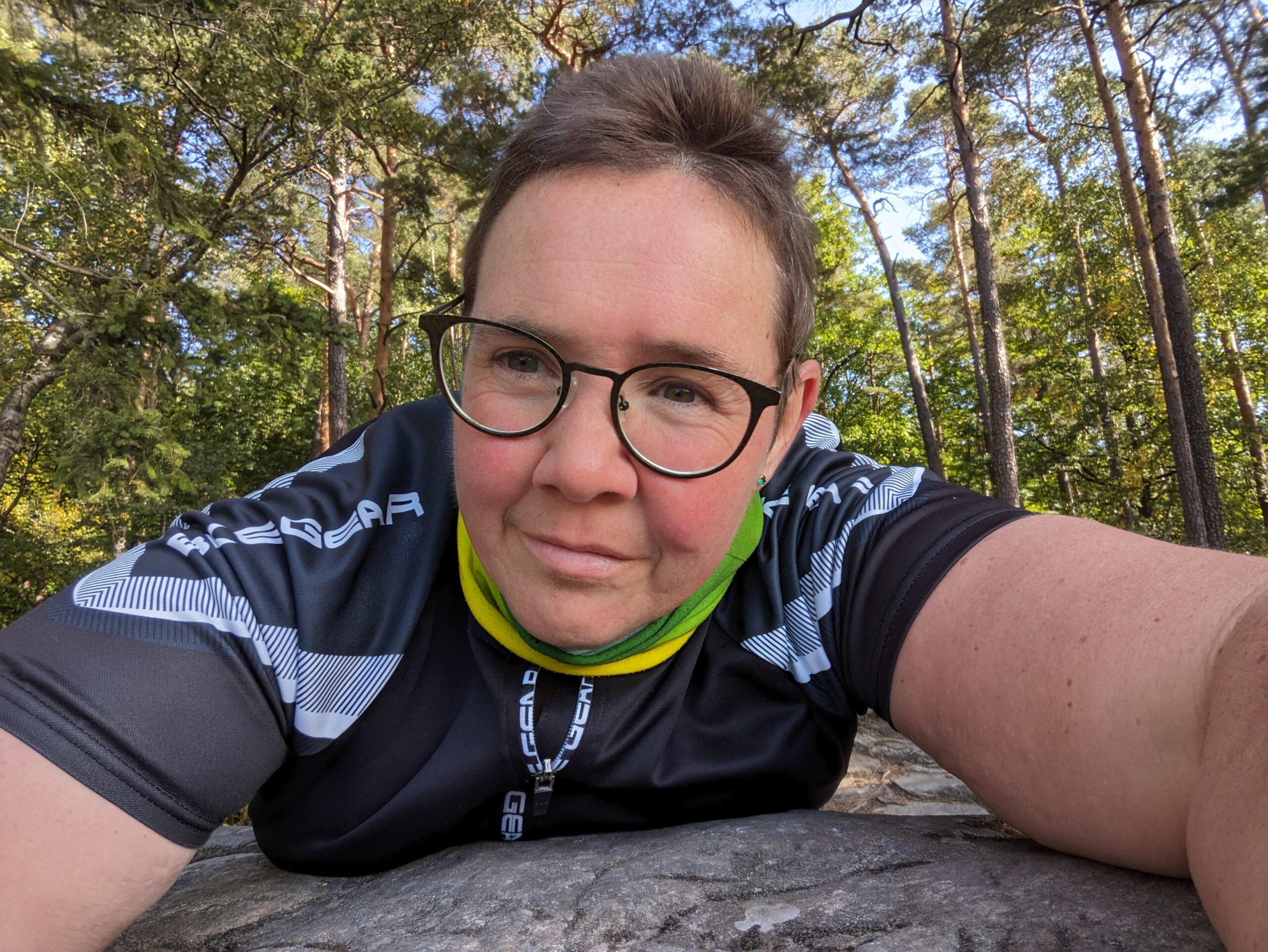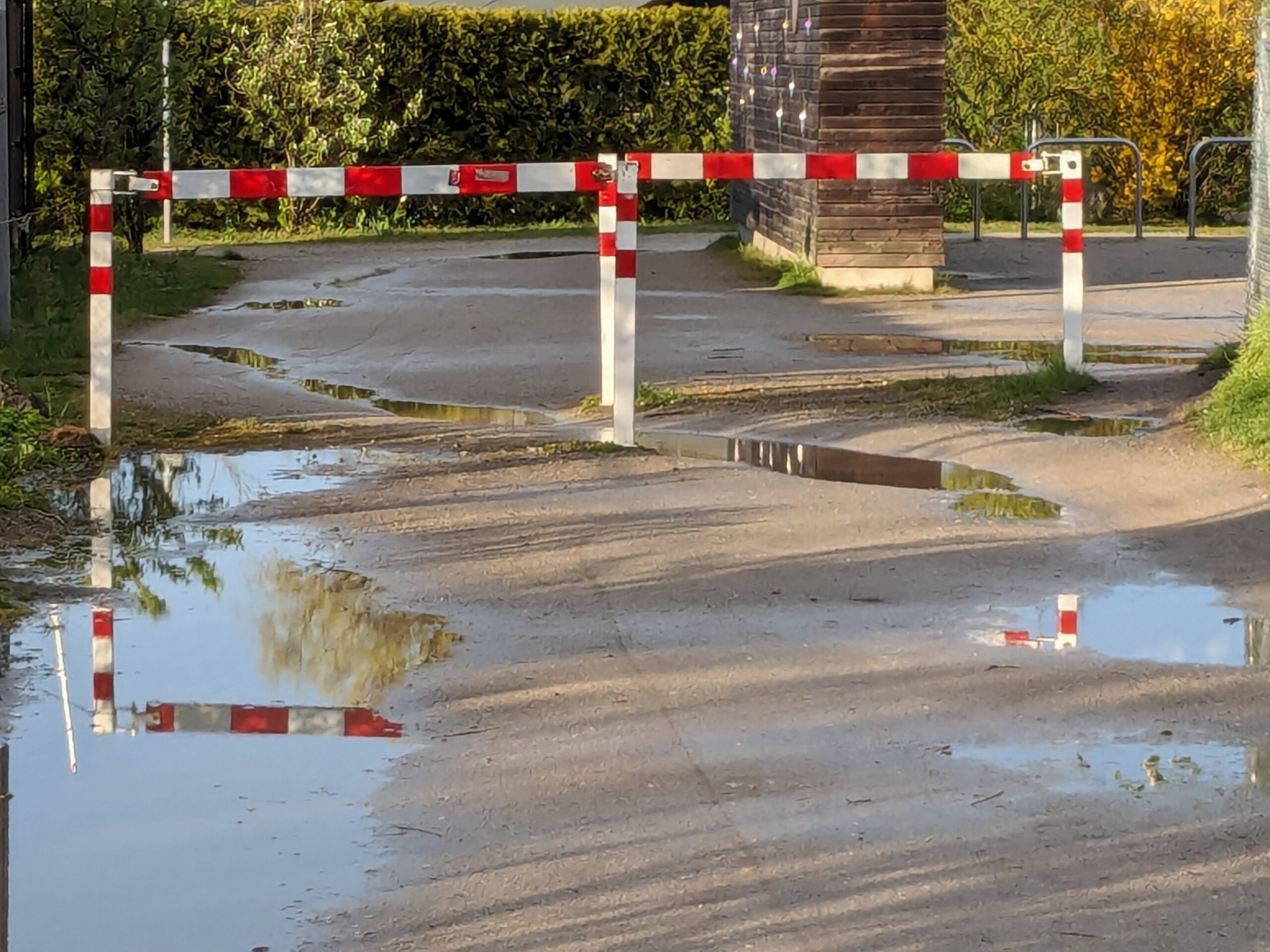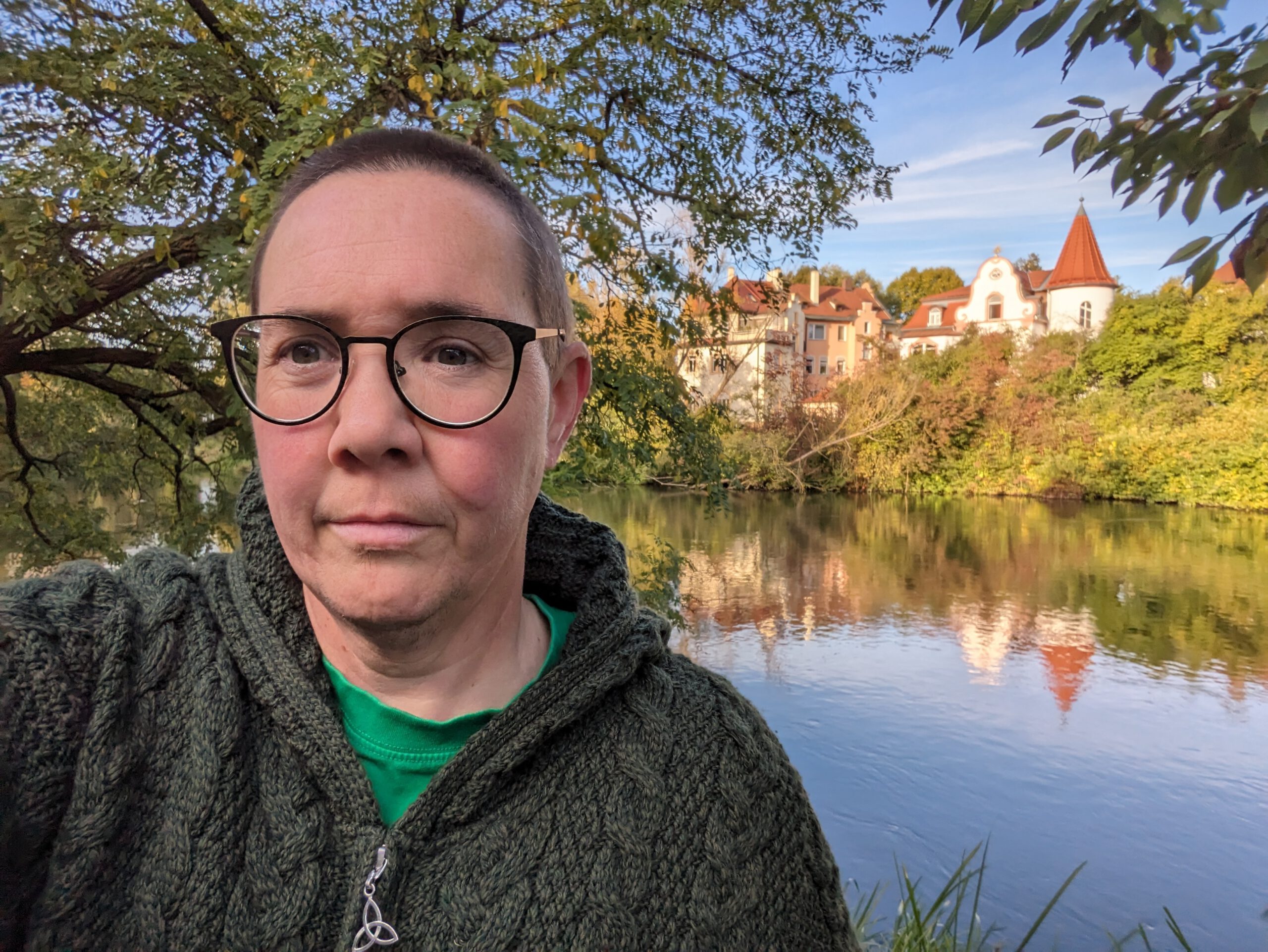SARAH SWIFT – S SWIFT TRANSLATION | +49 (0)951 1329163
Academic translations into English and academic editing in English
Supporting research throughout the research ecosystem: I translate from German into English and edit English texts to facilitate communication between researchers, science communication to broader audiences, and practical communication at universities and in other knowledge-intensive organizations.

RESEARCH
My translation and editing services ensure that your research paper will be well received in English by international experts in your field.

RESEARCH COMMUNICATION
My translation and editing services in research and science communication bring your research to diverse audiences and can help with its translation into practice.

PRACTICE
My translation and editing services support day-to-day activities and the ongoing development of research, teaching and administration at your university.
Swift, swifter, swiftest or is it better to make haste slowly?
Why my “slowcoach approach” is a real time saver
I take the time to understand your content and its context – to speed up that process for people who will encounter my version of your work.
I work on your text in several passes (often including a listen-though as I proofread) – to remove stumbling blocks for readers and smooth their paths through your text.
Being too quick on the draw creates chaos. I compile my questions for you so they can be addressed without extensive back and forth. I also avoid the perils of multi-tasking by not always having my email programme open as I work. If you need a quick reply, feel free to give me a call.
I take time to familiarize myself with software in order to eliminate unnecessary manual steps and to make sure your project doesn’t get eaten by gremlins.
I take time to keep my language skills up to date and inform myself about conscious language and Englishes beyond my own – to make sure your English communication is up-to-date and uses equitable and inclusive language.
I often give colleagues a moment of my time to resolve questions about language usage, substantive issues or technical glitches – and when I need help myself, it’s rarely far away.
I may not be the quickest language services provider – but working directly with me could well still be more efficient than finding an internal solution or working with a contractor who uses subcontractors.
About me – Sarah Swift
You may already know me as a languages person and a knowledge-intensive service provider, but here are a few more details to round out that profile. Did you know that I used to be an IT translator in the far distant past? That I am neither British nor American, but Irish? That I enjoy being a change agent and can handle a hammer?
All it takes is faith, trust, and a little bit of pixie dust?
English is my first language, but my skills as a language professional go beyond a native speaker’s feel for language and my work on your text will add more than a sprinkling of “native speaker pixie dust” to it. You probably don’t need my “nativeness” (my origins on the Irish Atlantic seaboard and my spontaneous fluency in Hiberno-English, including grammatical features like the hot news perfect). My command of the English language and my language awareness are probably more relevant to your project than my intuitive feel for English. So let me offer you more than nebulous native speaker pixie dust: expertise, thoroughness and reliable processes.
Confession time: I used the word “native speaker” here (unwisely, perhaps) because I thought it might help you to find me. I find it embarrassing to call myself thus, knowing as I do that being an English native speaker is often used as a proxy for Whiteness. I frequently counsel against using the term because it generally cannot be used to describe your need for language services in a precise and non-discriminatory way. The term “non-native speaker” is even worse – its deficiency perspective implies that having English as a second or additional language is a problem when being multilingual and multiliterate is actually a fantastic asset.
Knowledge-intensive service provider
I treat your content with at least as much care as I give to language issues. Content, in fact, is really what drives me – I am not just a language professional but a knowledge-intensive service provider. My clients deal with complex topics that are far from self-explanatory and I work to ensure that their analysis comes across accurately and coherently in English.
Irish by birth, Upper Franconian by choice
I come from the north of Ireland (but not from Northern Ireland) and I live a mere bike ride from Germany’s eastern border (but not in eastern Germany). Maybe that’s why I pay close attention to questions of geography and identities and carefully avoid conflating concepts such as nationality and citizenship. At any rate, I have the peace and quiet that your text needs in my office in Northern Bavaria.

Change agent
Many issues that my clients care about also matter to me. Transport and mobility justice, for example, or linguistic justice. I relish opportunities to support progressive agendas in a small but significant way with clear and reliable translation and editing work.
Observant traveller
I don’t have a car – I don’t even have a driving licence – and I mainly use sustainable forms of mobility. That shapes my perspective: I’m not used to hurtling from point A to point B by the quickest and most direct route, isolated from my fellow humans and my surroundings in a metal capsule. I tend to pick up on much of the detail of what is between A and B. This focus on context also characterizes my work on your text.

Barrier hater
Most people can get past these barriers most of the time – sometimes even without getting their feet wet – but they are a problem for some people some of the time. Barriers like this frequently remind me that Germany ratified the UN Convention on the Rights of Persons with Disabilities back in 2009 but has been slow to deliver comprehensive accessibility and usability. I set out to ensure that my translation and editing work provides user experiences that are NOT akin to a muddy slalom through a puddle.

Former IT translator
I haven’t worked in the IT sector for decades, but I have retained an unflinching attitude to technology from those days – and a certain willingness to engage with technical innovations.
A one-woman band – but not without backing
I keep in close touch with a handful of freelance colleagues who can step in to replace me in an emergency or assist me when a project needs to advance faster than my capacities permit. I also value lively dialogue with many university translators and with my colleagues in various networks including the professional associations BDÜ and MET.
Hammer wielder
English has its uses as a lingua franca but it can also wreak epistemic violence. Handling this dangerous tool is part and parcel of my work. But I seek to use it constructively – as a tool – and not destructively – as a weapon. I am not the language police and my suggestions should be understood as options and not as truths that I seek to dictate. My practice of conscious language (as defined by Karen Yin) includes taking care to avoid imposing my own language preferences.
I provide both editing and translation services, but I prefer translation because my translations supplement original texts without supplanting them. Having multiple usable versions of a text ensures that more can be thought and expressed and that more people can be reached than would be possible in only one language.


Let’s get started. Contact me!
As a freelance translator and editor, I can provide you with straightforward, direct and cost-effective project handling. Feel free to contact me – I look forward to hearing more about your project and I would be happy to run an eye over your draft or your finished text beforehand. Use the contact form below, send an mail directly to sarah@s swift.de or give me a call.
